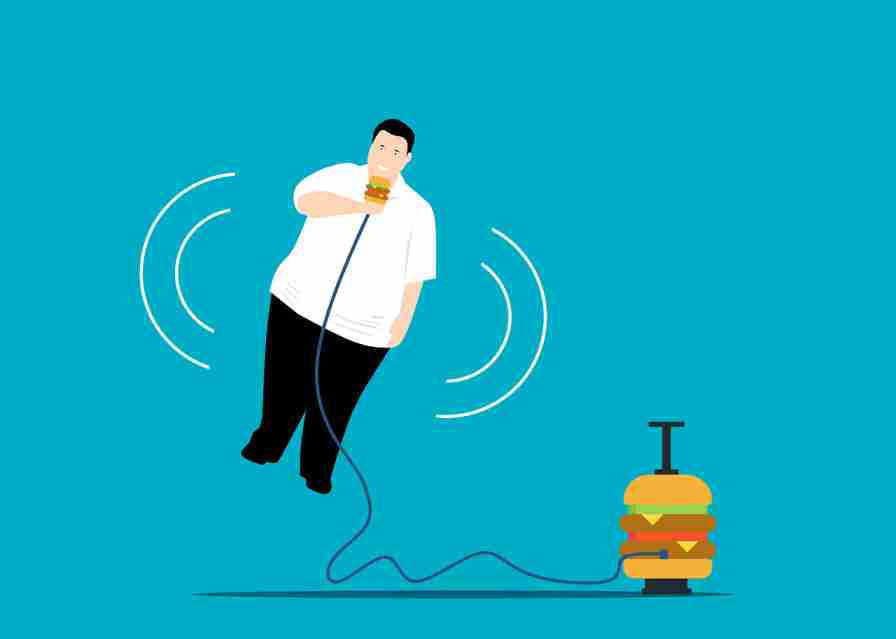This article is a complete guide to the Binge Eating Disorder.
Introduction: What is Binge Eating Disorder?
BED is a mental illness that affects people of all ages, races, and genders.
BED is a mental health condition in which the person eats an excessive amount of food in a short period of time and feels out of control while doing so. It is not to be confused with overeating or having a large appetite.
The National Eating Disorder Association estimates that 3.5% of the population has engaged in binge eating at some point in their lives, and that 2% have engaged in it within the last year.
There are many factors that can lead to BED, including genetics, emotional trauma, and stress-induced changes to brain chemistry.

Binge Eating Disorder is a Serious Mental Health Issue
BED is characterized by recurrent episodes of binge eating with a sense of lack of control over the eating. People with binge eating disorder experience shame, guilt, and self-hatred after overeating. They also often have depression and anxiety disorders as well.
This introduction defines what binge eating disorder is and how it affects people’s lives.
Binge Eating Disorder is not a Gendered Issue
BED is not a gendered issue. Men and women are equally likely to develop eating disorders. In the United States, one in three people who struggle with binge eating are male.
Men and women are equally likely to develop eating disorders. In the United States, one in three people who struggle with binge eating are male.
Three Categories of People who Struggle with Binge Eating Disorder
This section will talk about three different populations who struggle with BED.
The first population is anxiety-prone people who eat too much when they’re stressed. They are more likely to feel guilty, ashamed or embarrassed after overeating, so they will turn to food again and again as a way of coping with their stress.
The second population is depressed people who binge on food. When they’re feeling down, it’s common for them to turn to food for comfort and end up eating too much.
The third population is substance abuse sufferers who binge on drugs or alcohol. They may use binging as a way of self-medicating and then end up feeling guilty after the event has passed.
Symptoms of Binge Eating Disorder
BED is an eating disorder characterized by the recurrent consumption of large quantities of food, usually in a short period of time.
The symptoms are:
– Eating more rapidly than usual
– Eating until feeling uncomfortably full
– A sense of lack of control over what and how much is eaten
– Marked distress about the binge eating.
What Causes Binge Eating Disorder?
BED is a psychological disorder. It is characterized by the repeated and uncontrolled intake of large amounts of food in short periods of time.
While there are many causes for binge eating, the most common cause is stress. It’s not always clear what causes BED in people, but it’s important to understand that binge eating disorder is not caused by an individual’s weight or body shape.
Treatment for Binge Eating Disorder
BED is a mental health disorder in which a person eats large quantities of food at once. It is also known as compulsive overeating or compulsive eating.
BED can be treated with psychotherapy, medication, and lifestyle changes. Treatment for BED usually starts with psychotherapy and medications to control the symptoms of binge-eating.
Click to know 5 Practical Tips for Managing the Respiratory Syncytial Virus

